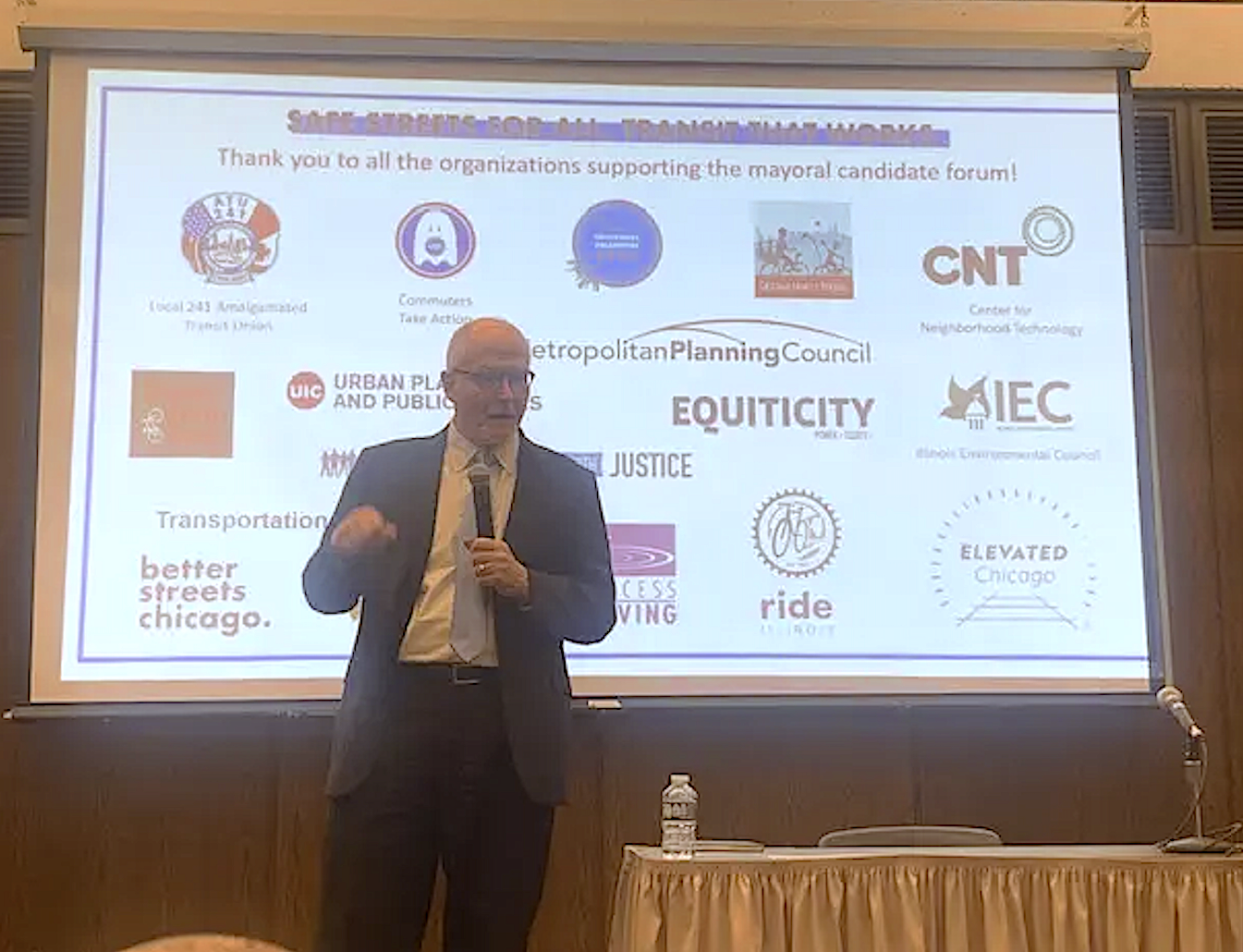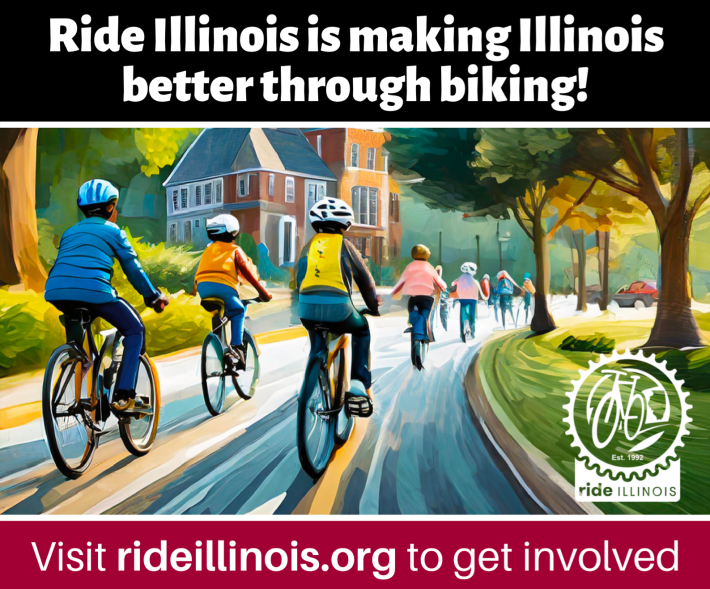
Did I call it, or what?
Yesterday, I predicted that after Monday's successful City Council committee vote, "editorials and op-eds against the proposed 25 mph default speed limit [might] run in Chicago's mainstream and right-wing media." If they did, I tweeted, I would be prepared to respond to them. (The ordinance is supposed to face a final vote before the full 50-member Council later this year.)
This morning, one of said mainstream news outlets, the Chicago Tribune responded to the controversial eight-to-five committee vote as if the paper was one of Pavlov's dogs. It ran an opinion piece arguing that lowering our city's typical speed limit from 30 to 25 mph to help create safer streets would be a grave injustice against innocent Chicago motorists.
Now, if the Tribune was looking for a non-Chicago-based, right-leaning Chicago politics pundit to weigh in on the speed limit proposal, it seems former Trib columnist John Kass and radio host / political operative Dan Proft were unavailable.
Instead, the newspaper went with ex-Richard M. Daley-era Chicago Public Schools CEO, and perennial failed Chicago and Illinois political candidate, Paul Vallas. As you might recall, he once said about himself, "I'm more of a Republican than a Democrat," making him an unlikely choice to run our overwhelmingly Democratic city. And even when he ran in the most recent Chicago mayoral election, he still listed a home in southwest-suburban Palos Heights as his legal residence.
Here's a quick rundown of Vallas' "always a groomsman, never a groom" election history:
- 2002: Failed campaign for Illinois governor
- 2014: Failed campaign for Illinois lieutenant governor
- 2019: Failed campaign for Chicago mayor
- 2023: Failed campaign for Chicago mayor
On top of that, Vallas hasn't held a position with the City of Chicago government for more than [checks notes] 23 years. So it's unclear exactly why the Tribune views him as an expert source for opinions on Chicago policy matters, including transportation. But in the roughly 1.5 years since he lost the April 4, 2023, runoff election to Brandon Johnson, the paper has run 43, count 'em, 43 of his op-eds about Chicago and Illinois politics. That's a little more frequently than one opinion piece every other week.
All right, we'll set aside the question of whether Vallas is qualified to opine about Chicago policy so frequently for our city's largest newspaper. Let's start dissecting exactly what he said about lowering the speed limit in his new piece. It's titled, "Chicago needs a nuisance ordinance, not another speeding ticket trap." The subheading is, "Chicago leaders are preoccupied with finding ways to milk drivers for more money, while there’s virtual silence on other public safety issues." (The op-ed also discusses Mayor Johnson's actions regarding ShotSpotter and enforcement against drag racing, which aren't my areas of expertise, so I won't weigh in on those passages.)
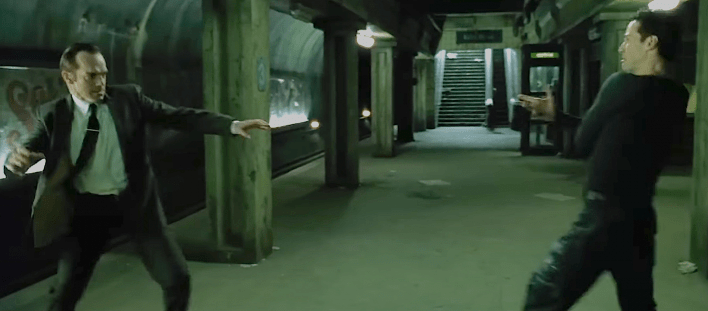
"Last week, Mayor Brandon Johnson endorsed Ald. Daniel La Spata’s ordinance to lower the city’s default speed limit to 25 mph, which they claim will save lives," Vallas wrote. "These city leaders are preoccupied with finding ways to milk city drivers for more money."
For starters, advocates for the 25 mph speed limit aren't just hypothesizing that the change will help prevent serious and fatal crashes. There's plenty of statistical evidence from peer cities like New York, Boston, Seattle, and Portland that did this years ago.
After NYC lowered its default 30 mph speed limit by 5 mph, there was a 23 percent drop in yearly pedestrian fatalities, according to the local transportation department. That city's pedestrian death rate is the now lowest it's been in a century.
And after Beantown took the 30-to-25 plunge, deadly speeding at more than 35 mph dropped by nearly 30 percent, according to the Insurance Institute for Highway Safety. So it make no sense for Vallas to argue that Chicago politicians are simply making a money grab.
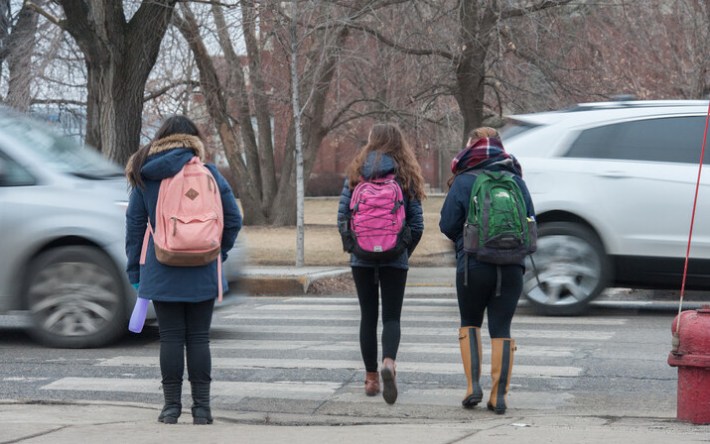
"OK, well even if it's true that the lower speed limit isn't just an an effort to fill the City's coffers, the fact is that it will do financial harm to Chicagoans, particularly low-income residents and people of color," the Palos Heights pundit might retort.
"Many residents suffer significant financial setbacks from red light, speed camera and parking fines as well as the requirement to purchase a city sticker," Vallas wrote, citing 2018 ProPublica Illinois research. "Thousands of Chicagoans are driven into bankruptcy by these costs." He noted that the study found this is predominantly happening in Black communities.
Streetsblog has written at length about January 2022 ProPublica and University of Illinois Chicago studies that found, while our city's red light and speed cameras have saved hundreds of lives, there have been racial discrepancies in ticketing. Infractions documented by the cams were more likely to involve vehicles registered in majority-African-American and majority-Hispanic communities.
In response to these findings, in April of 2022, the City of Chicago introduced the Clear Path Relief Program, which offered half-price traffic tickets for lower-income Chicagoans and a debt forgiveness program. Under this pilot, a citation for speeding by as much as 10 mph would only result in a $17.50 fine.
It's important to keep in mind that if a driver speeding by 10 mph over Chicago's current 30 mph speed limit strikes a person walking or biking, studies show that the victim will almost certainly die. That helps explain why lowering the speed limit to 25 is so important.
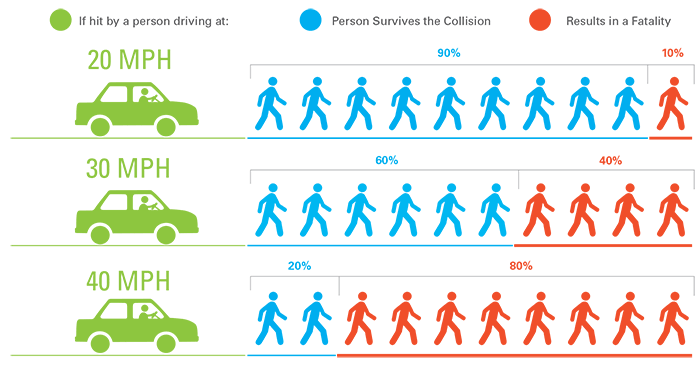
"[Ald.] La Spata’s ordinance would effectively punish [Black residents] further for driving," Vallas maintains. "Johnson stated that he fully supports the ordinance, saying, 'It’s a matter of how we implement it, so it’s done in an equitable way,' whatever that may mean."
Again, the Clear Path program makes Chicago's traffic ticketing system income-based. That's "an equitable way" to cite motorists for dangerous driving.
And today, Jim Merrell from the Active Transportation Alliance, which has helped organize support for the speed limit change, said more is being done to address the fairness issue. "City Council is seeking to establish an interagency working group to address inequitable traffic fines and fees," he said. "This group will complete its work before the lower speed limit takes effect." During Monday's committee meeting, Ald. La Spata said that, if the new speed limit passes the full Council, it would kick in on New Year's Day of 2026.
Moreover, there's no reason to believe that the 25 mph speed limit would "punish" drivers with more ticketing. At the recent committee hearing Ald. La Spata said that New York and Boston brought down crash numbers by simply reducing the speed limit, without major enforcement or infrastructure changes. "We should not expect to see [Chicago police] officers acting any differently," he said.
It's also important to point out that while it's critical to make sure traffic enforcement policies are fair to communities of color, it's also crucial to ensure that traffic violence isn't disproportionately impacting them. According to Chicago Department of Transportation data, while Black residents make up about 30 percent of Chicago's population, almost two-thirds of people killed in crashes here are Black.
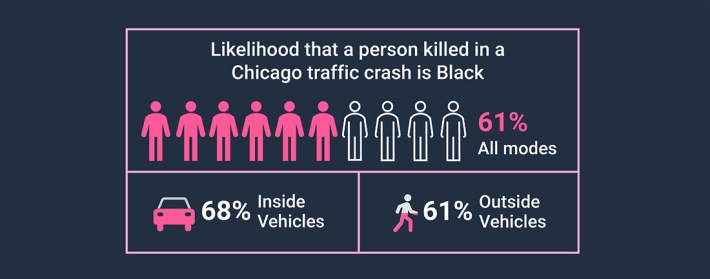
Given the above statistics, and the evidence that we have from peer cities that lowering the speed limit dramatically reduces serious and fatal crashes, it would be a racial injustice for Chicago to not follow suit.
"Unfortunately, it seems [Ald.] La Spata and [Mayor] Johnson are more intent on making law-abiding citizens pay heavily for minor infractions in traffic while ignoring the obvious criminal problems before us," Vallas concluded. "For law-abiding Chicagoans, it’s a quality-of-life issue."


Of course, if you're driving at a speed that is illegal because you could easily kill other road users, you're not a "law-abiding Chicagoan."
But Paul Vallas is correct that the question of whether or not to change Chicago's speed limit from 30 to 25 mph is an important "quality-of-life issue." Our decision-makers need to decide if they want to help create a street network that is safer, more equitable, more profitable for businesses (because they would get additional foot and bike traffic), and more pleasant for everyone. Otherwise, the politicians will be doubling down on the deadly status quo.

Did you appreciate this post? Please consider making a tax-deductible donation, to help keep Streetsblog Chicago's sustainable transportation news and advocacy articles paywall-free.
